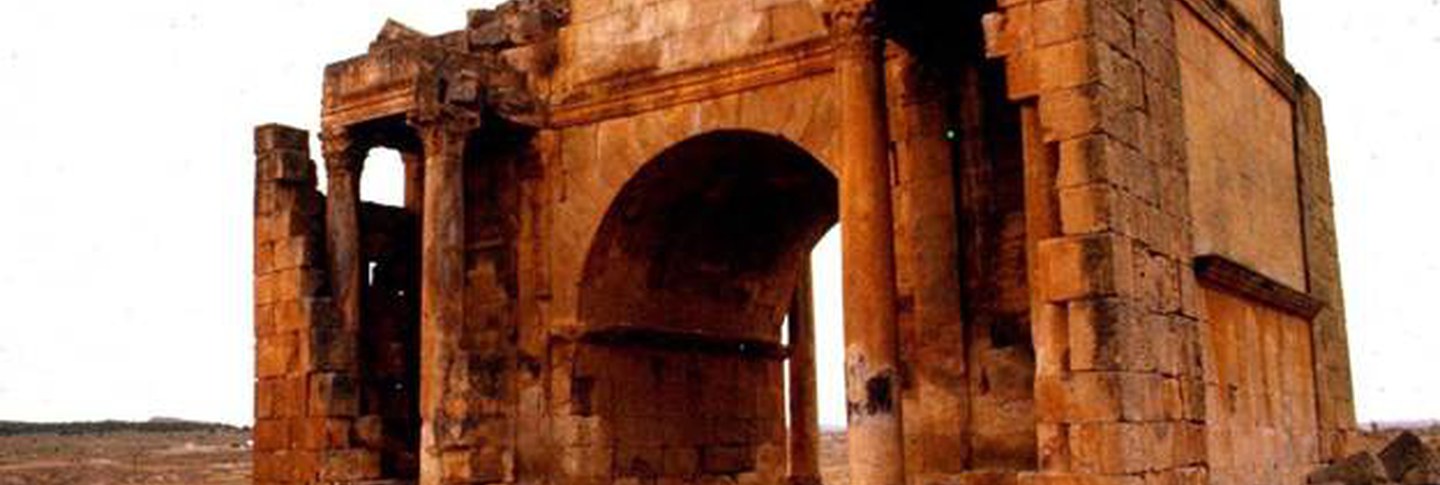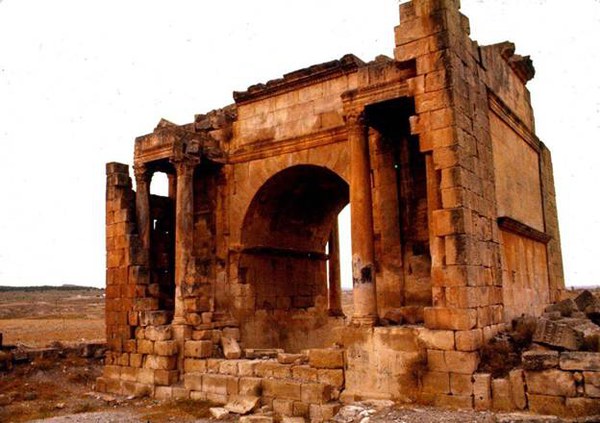The short period of Byzantine rule in the Maghreb belies the region’s importance to the empire in the sixth and seventh centuries. Given the profound economic and strategic significance of the province of “Africa,” the territory was also highly contested in the Byzantine period—by the empire itself, Berber kingdoms, and eventually also Muslim Arabs—as each of these groups sought to gain, retain control of, and exploit the region to its own advantage. In light of this charged history, scholars have typically taken the failure of the Byzantine endeavor in Africa as a foregone conclusion. The symposium sought to reassess this pessimistic vision both by examining those elements of Romano-African identity that provided continuity in a period of remarkable transition, and by seeking to understand the transformations in African society in the context of developments in the larger post-Roman Mediterranean. An international group of researchers from North America, Europe, and North Africa, including both well-established and emerging scholars, addressed topics including the legacy of Vandal rule in Africa, historiography and literature, art and architectural history, the archaeology of cities and their rural hinterlands, the economy, the family, theology, the cult of saints, Berbers, and the Islamic conquest, in an effort to consider the ways in which the imperial legacy was re-interpreted, re-imagined, and put to new uses in Byzantine and early Islamic Africa.
2012 Byzantine Studies Symposium

